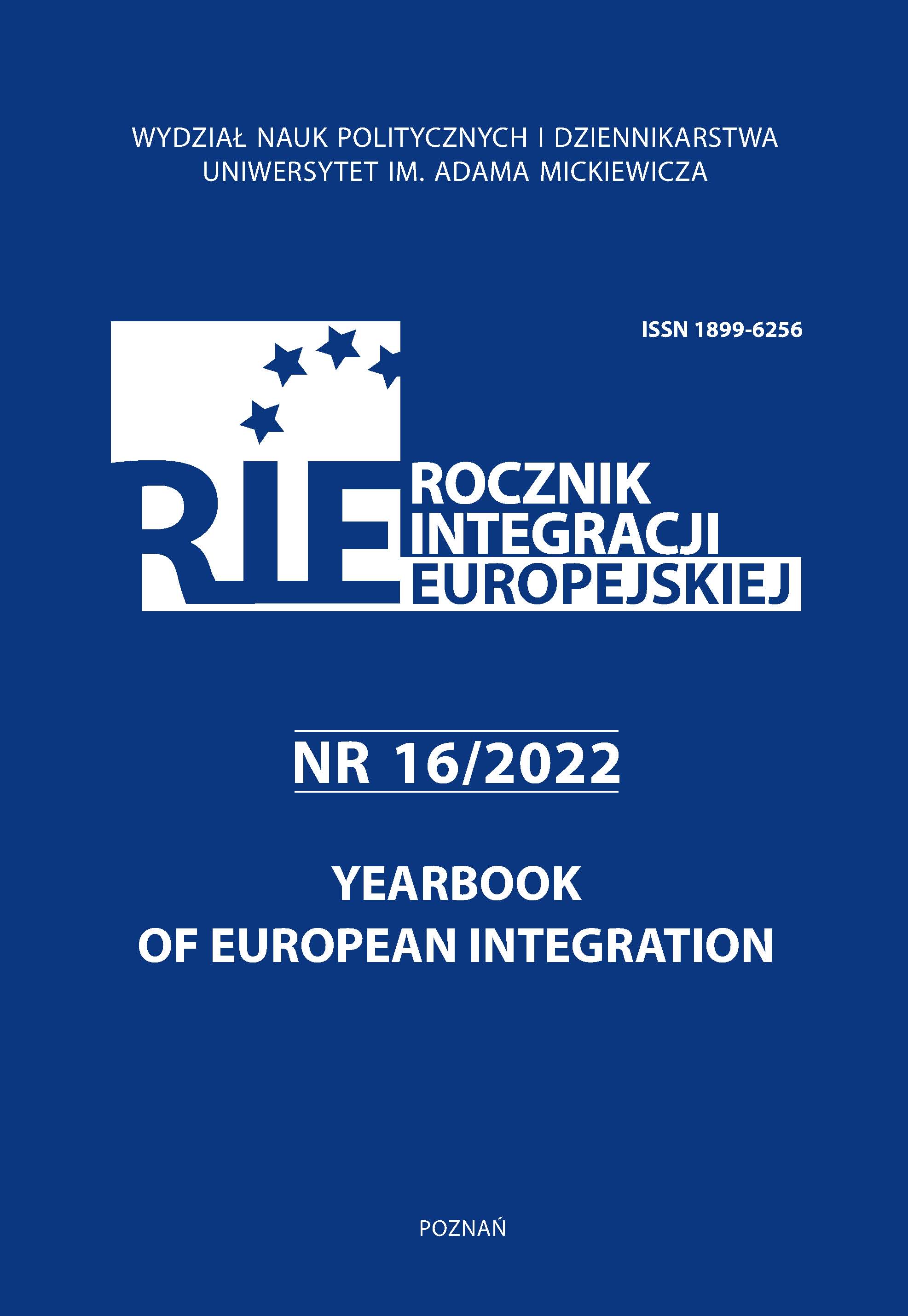Geneza Trójkąta Weimarskiego i jego rola w integracji Europy po zakończeniu zimnej wojny
The genesis of the Weimar Triangle and its role in the integration of Europe after the end of the Cold War
Author(s): Józef M. FiszerSubject(s): Politics / Political Sciences, EU-Accession / EU-DEvelopment
Published by: Uniwersytet Adama Mickiewicza
Keywords: Weimar Triangle; Poland; France; Germany; integration; European Union; Europe; security; international relations
Summary/Abstract: The article presents the origins of the Weimar Triangle and its role in the integration of Europe after the end of the Cold War. On the subject of the Weimar Triangle, although thirty years have passed since its creation, the literature on the subject in Poland, Germany and France still contains contradictory opinions and opinions. On the one hand, its great importance in the process of Poland’s accession to the Euro-Atlantic structures, i.e. to NATO and the European Union (EU), is emphasized, and on the other hand, its role in the reorientation of Poland’s foreign policy after 1989 is emphasized, emphasizing that the raison d’etat of Poland has been subordinated to interests of Germany and France.Both in Poland, as well as in Germany and France, the Weimar Triangle has often been and is still treated instrumentally, especially by politicians who use it for current international politics and in bilateral relations. Meanwhile, there is no doubt that it played a large role not only in the process of creating the EU, but also determined its enlargement and deepening, although its potential and possibilities were not fully used. It can be said that it played a large role in integrating Europe after the end of the Cold War.An analysis of the activities of the Weimar Triangle as well as its successes and failures shows that it is still an indispensable entity in international relations and should play an important role in the processes of European integration. It should also continue to play a fundamental role in strengthening the trilateral Polish-German-French cooperation and strengthening the position of the European Union in international relations, the activity of which has decreased significantly in recent years. The renaissance of the Weimar Triangle is not only possible, but even indispensable in the current international situation in Europe and in the world, which is determined by Russia’s aggression against Ukraine and the threat of World War III.
Journal: Rocznik Integracji Europejskiej
- Issue Year: 2022
- Issue No: 16
- Page Range: 75-89
- Page Count: 15
- Language: Polish

